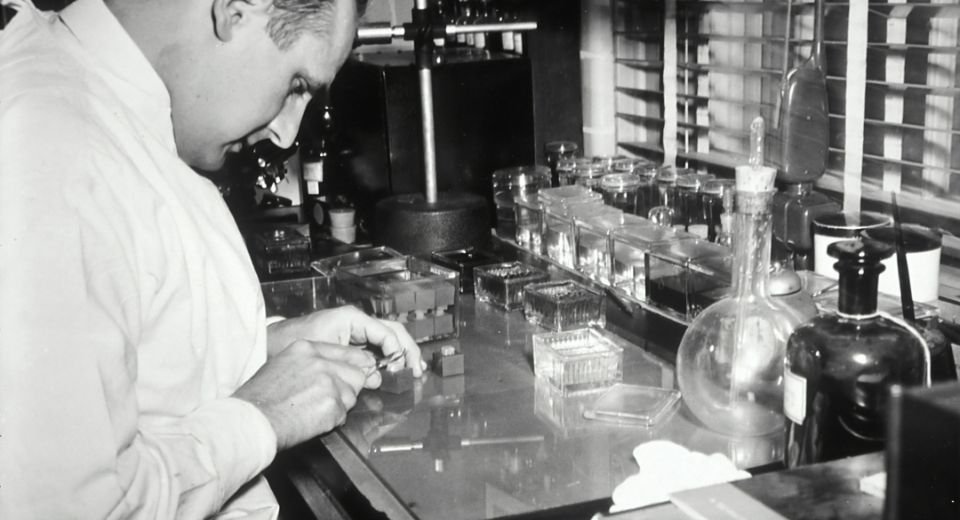HQ Team
June 28, 2024: The USFDA has rejected a Biologics License Application from Daiichi Sankyo and Merck & Co., seeking accelerated approval of patritumab deruxtecan to treat a type of lung cancer.
The US Food and Drug Administration issued a complete response letter to Daiichi and Merck & Co after results from “an inspection of a third-party manufacturing facility,” according to a Daiichi statement.
The FDA letter “did not identify any issues with the efficacy or safety data submitted.” A complete response letter issued by the FDA indicates that an application will not be approved in its present form.
Course-correct
The letter explains why the submission was deemed inadequate and often includes the FDA’s recommendations on how the sponsor can address those deficiencies.
It is not a rejection of an application. Instead, it is the method that the FDA uses to provide sponsors with an opportunity to course-correct an application so that it may be approved in a subsequent review.
The FDA does not guarantee approval after re-submissions. It will evaluate the resubmitted application based on its regulatory authority and will determine whether it meets the benefit-risk assessment required for approval.
The FDA rejection of Daiichi’s antibody-drug conjugate will place a hurdle for Merck, which has paid about $1.5 billion upfront to the Japanese company to jointly develop the drug.
ORR at 29.8%
The drug is meant to treat adults with locally advanced or metastatic EGFR-mutated non-small cell lung cancer in patients previously treated with two or more systemic therapies.
During a phase II trial, 255 patients were enrolled. The study showed an overall response rate of 29.8%.
“We will work closely with the FDA and the third-party manufacturer to address the feedback as quickly as possible,” said Ken Takeshita, MD, Global Head, R&D, Daiichi Sankyo. “We remain confident in the ability to develop this medicine to its full potential.”
Marjorie Green, MD, Senior Vice President and Head of Oncology, Global Clinical Development, MSD Research Laboratories said: “Patients with previously treated EGFR-mutated non-small cell lung cancer often experience recurrence and have limited treatment options.”
Third most common
The antibody-drug conjugate had side effects such as thrombocytopenia, neutropenia, anaemia, leukopenia, fatigue, and asthenia.
Lung cancer is the third most common cancer and the leading cause of cancer-related deaths in the US.
About 226,000 lung cancer cases were diagnosed in the US in 2022. Non-small cell lung cancer accounts for approximately 81% of all lung cancers in the US.
EGFR mutations occur in approximately one in five patients with non-small cell lung cancer in Western populations.
Daiichi joins a host of other companies that are competing for the lucrative antibody-drug conjugate market. It includes AstraZeneca, AbbVie, GSK, Pfizer, Roche and Takeda.








